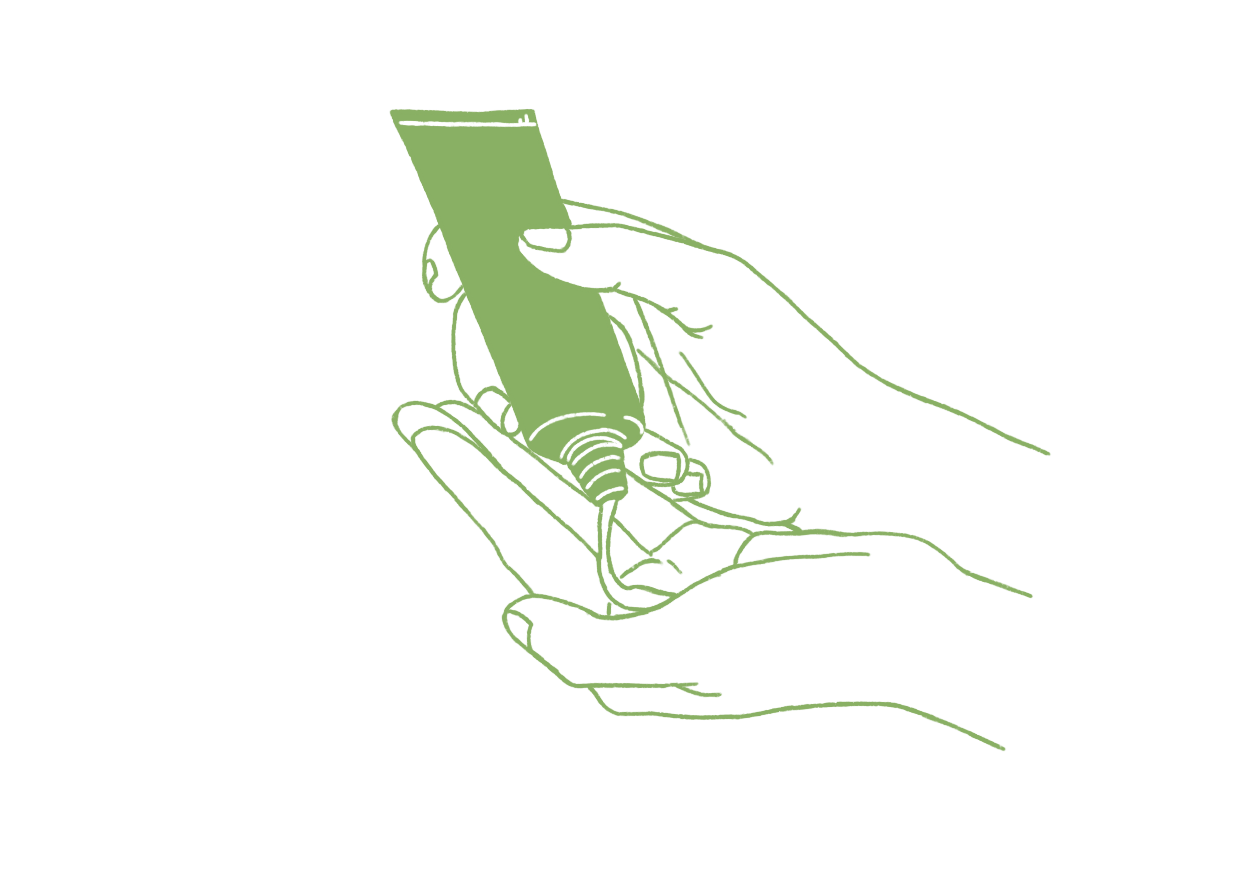The Sun, the Skin and SPF
Graphics: Sóley Ylja A. Bartsch
Over the past decade, experts in the field of dermatology and skin care enthusiasts have turned to social media to share their knowledge and as a result of this, information about skin health and skin care has become more accessible than ever before. Even considering that many skin types exist and skin care should be tailored to skin types, most experts and influencers will tell you if there is one universal product that everyone needs is sunscreen. More specifically the sun protection factor (SPF) is essential in cream products like sunscreen. Individually and unknowingly they have created a unanimous awareness campaign about the sun’s impact on our skin and they have brought skin cancer, premature ageing and good skin health to the forefront of public discussion.
Harmful UV Rays
The sun, the gloriously hot and bright sun, that sits at the centre of our solar system plays an essential role in the survival of planet earth and all the living beings that inhabit it. Human beings like plants and animals have adapted to maximise the benefits they can reap from the sun. Our skin, the biggest organ, absorbs UV rays from the sun to create vitamin D which among many things is crucial for good bone health and aids in healthy cell growth. However, long-term exposure to UV rays can be very harmful to our skin as it causes damage to our DNA which leads to cell dysfunction. Over a period of time, the damaged cells grow increasingly out of control, which can lead to skin cancer.
It is a harrowing thought, cancer forming silently within our bodies but there are some signs that should indicate whether you need to seek some medical advice. Being sunburned often is something worth mentioning to your dermatologist or GP. Then one can also look out for sunspots on their face, hands or frequently exposed skin which is another indicator of too much exposure to UV rays. Also, if you notice premature ageing such as wrinkles forming on your face then that means that the skin's elastic fibres are being damaged. Therefore, it is crucial to be aware of these signs and to discuss your concerns with a professional as soon as possible.
What is SPF?
Meanwhile, it is important to use sunscreen and protect yourself against the sun. Sunscreen or products like moisturisers that have SPF in them protect our skin by delaying the sun's impact on our skin. SPF is the “relative measurement indicating the amount of time the sunscreen will protect you from ultraviolet (UV) rays.” Among many ways to avoid long exposure to the sun such as staying in the shade and wearing cool but protective clothing such as hats, SPF is also very important. SPF numbers typically refer only to UVB rays, but some sunscreens can protect against UVA as well. Both UVB and UVA rays fall under the spectrum of UV light. UVA rays penetrate the skin more deeply than UVB rays, while the latter is the culprit behind sunburns and plays a greater role in causing skin cancer.
How to use SPF
The Australian sunscreen brand Badger explains on their website:
“If your skin would normally burn after 10 minutes in the sun, applying an SPF 15 sunscreen would allow you to stay in the sun without burning for approximately 150 minutes (a factor of 15 times longer). This is a rough estimate that depends on skin type, the intensity of sunlight and the amount of sunscreen used. SPF is actually a measure of protection from the amount of UVB exposure and it is not meant to help you determine the duration of exposure.
For best protection, experts recommend using a minimum SPF sunscreen of 15, applying the proper amount (2mg/cm2 of skin, or about one ounce for full body coverage), and reapplying every 2 hours.
Most people under-apply sunscreens, using ¼ to ½ the amount required. Using half the required amount of sunscreen only provides the square root of the SPF. So, a half application of an SPF 30 sunscreen only provides an effective SPF of 5.5!”
It would be an injustice to yourself if you are not protecting yourself against UV rays by wearing sunscreen with SPF. Scientific advancement has brought us this far where we can now protect ourselves from the harmful effects of the sun. It is not guaranteed that you will not develop cancer but precaution is always better than the cure.

